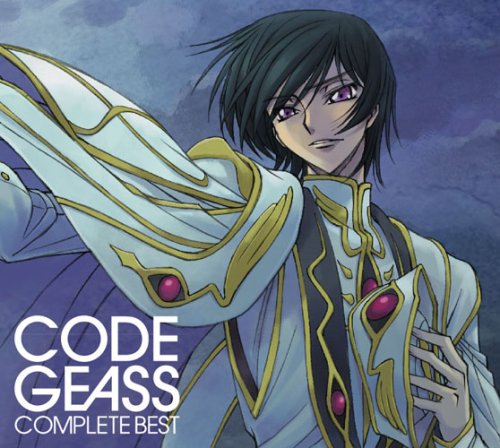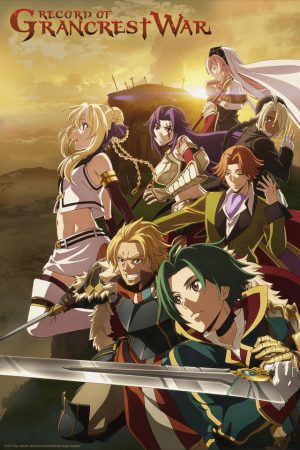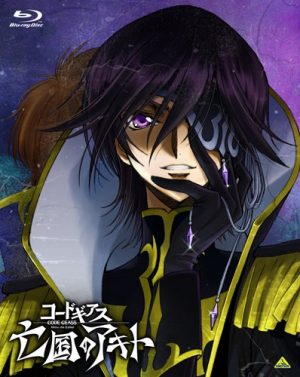
Politics in anime are not often talked about, especially as most anime hide political discourse behind a fantasy setting or an action-packed plot. And though it is often in the background, including politics in a series can really give it that extra push to become a great show. We may not outwardly enjoy all of the discussion, but it is necessary to create a more realistic world for viewers! After all, laws and decisions in politics make up the backdrop of our own lives as well.
We here at Honey’s Anime thought it was about time that someone pointed out the obvious, so to speak, when it comes to politics in anime. Including political discourse, in any sort of form, is beneficial to a series as a whole. Not only can political decisions provide a launching or turning point for a plot detour, it also adds an extra punch to any sort of setting. Let’s go into more detail about what we mean by this!
Great World-Building Tool
It can be difficult for an anime setting to seem realistic to an audience, especially if that setting is fantastical or unusual in nature. However, with the addition of a political background, a setting can come to life! As we learn more about how a world works, we can understand and naturalize the circumstances that happen, even in the strangest of settings. Including political discourse in a series gives that anime another layer of depth, allowing viewers to become immersed deeper into the world.
Because of the effect that politics have on understanding an anime setting, this aspect is often a tool added to otherworldly anime. With genres like slice of life or romance, the world doesn’t often need as much explanation – we assume that the setting is the same as our own world, unless otherwise stated. But when fantasy, sci-fi or supernatural aspects are added, political explanation is often needed as well. The more a world can be set up to involve the audience, the better it will be for understanding. Here is a more recent example of an anime that uses politics to build its world well!
Grancrest Senki (Record of Grancrest War)

- Episodes: 24
- Aired: Jan. 2018 – ongoing
A recent series by A-1 Pictures, Grancrest Senki follows the story of Theo, a wandering knight who seeks redemption for his homeland, and Siluca, a mage who dislikes the path Lords have gone down. After a chance meeting on the road, the two decide that they should pair up, to hopefully rid the land of the chaos that currently engulfs it. Though their journey to achieve their goals will be difficult, Theo and Siluca will meet many valuable allies along the way. Will they be able to reform the system of Lords and the chaos destroying the land itself?
Grancrest Senki is a great example of the kind of world-building that political discourse brings to an anime. Using the system of Lords and mages as an explanation that orders the world, viewers can make sense of this chaotic new setting. We see a whole other side to the conflict than just epic battles – Theo and Siluca must use negotiation and strategy to find allies. The extra information gives Grancrest Senki the momentum it needs to become more than just a cliché fantasy anime, lending the plot real depth and development.
Use As Plot Device Or Catalyst
Politics also present an opportunity for an anime to change or begin its plot, often introducing the world’s events. Through the use of a political structure, kings rise and fall, revolutions begin, and the setting prepares for the incoming story to be told. If an anime does not have the backdrop for such change, it can feel flat or abrupt, with character development being either sporadic or nonexistent.
One example of this can be seen in Grancrest Senki, with the death of two rulers and a possible alliance beginning the series and setting the scene for our protagonists to meet. Of course, there are some anime with more clear examples of politics shaping events along the way. Let’s take a look at one of the most famous anime with this aspect.
Code Geass: Hangyaku no Lelouch (Code Geass: Lelouch of the Rebellion)

- Episodes: 25
- Aired: Oct. 2006 – July 2007
Lelouch Lamperouge lives in Japan with his sister Nunnally, sent there in exile from the rest of his family, the rulers of the Holy Brittannian Empire. Though Lelouch exists in relative peace, that peace is shattered when Britannia invades, enslaving the nation and its peoples to their wills. Joining in the rebellion against the Empire, Lelouch strives to create a better world for his sister, even as he gets revenge for the wrong done to his family.
Code Geass is perhaps the best example of politics seamlessly fusing with an anime to make it better. Every aspect of the plot is infused with a background of political discourse, creating a thorough and engaging story.
Final Thoughts
Politics are a necessary addition to anime, especially when the series has an unusual setting. They add a depth to the world that cannot be replicated in any other aspect, creating important background for characters in the world to interact with. More anime should include political discourse, especially if they want their viewers to be involved with the series.
Do you agree with our points? Let us know in the comments section below!

